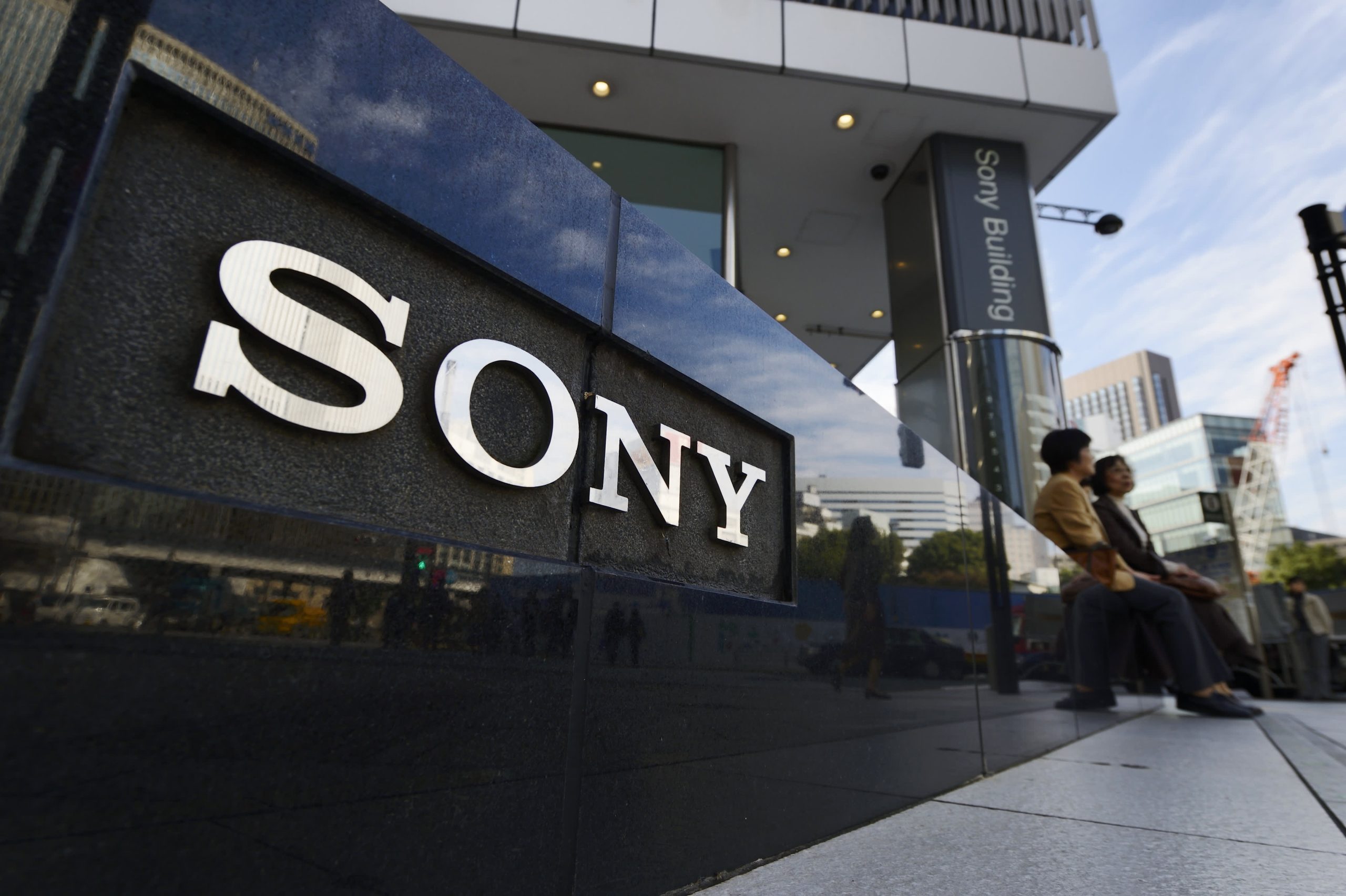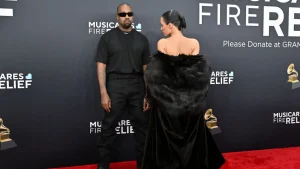
Bloomberg/Getty
A recent Australian Broadcasting Corporation report highlights years of abusive behavior by former Sony Australia CEO Denis Handlin.
According to the report, senior Sony executives knew of Handlin’s inappropriate conduct for over two decades before he was fired. The documentary by ABC’s investigative program Four Corners follows previous exposés from outlets like The Guardian and Sydney Morning Herald detailing decades of mistreatment endured by Sony workers under Handlin. Handlin was terminated in June, months after Sony launched a workplace culture investigation. Four other Sony executives were also placed on leave.
Four Corners interviewed over 100 current and former Sony Australia employees. Several former executives who quit the company cited Handlin’s behavior. Before his ouster, Handlin was considered the most powerful music executive in Australia renowned for promoting records. But behind the scenes, he fostered a toxic culture of fear, misconduct, and discrimination according to multiple accounts.The program uncovered a video of Handlin dressed as Hitler rapping about Sony’s competitive ethos.

Four Corners also found Sony fired at least seven pregnant women within six years before 2013, providing cash settlements. A former manager recalled Handlin making sexual comments about a new hire. Another former employee claimed Handlin demanded her resignation after she refused to flash her breasts for a Cheap Trick song promotion.

The new report, like what the Guardian first revealed in June, found that Sony Music’s corporate team in the U.S. received multiple complaints about Handlin from Sony Australia throughout the 1990s. Greg Lockhart, Sony Australia’s head of human resources at the time and someone who worked closely with Handlin for years, told Four Corners he repeatedly flagged Handlin’s alleged misconduct during that decade. However, the company failed to take action until 1998. By then, Lockhart and three other executives had compiled a report for Sony corporate detailing issues in the workplace stemming from Handlin. They described him as “abusive daily,” prone to “frequent mad rages of screaming and bullying,” and unable “to treat women as equals.”
Handlin was initially suspended in the wake of the internal investigation, with Sony flying 10 Australian executives to New York for interviews. However, Sony reinstated Handlin just three months later, leaving his power and position untouched for another 23 years. 9 of the 10 interviewed executives would depart the company in the ensuing years, according to the report.

The leadership has changed multiple times at Sony since the original investigation in the 1990s, and the current management claims they only recently received complaints on the issue this year. A Sony Music spokesperson stated: “We take all allegations of bullying, harassment and other inappropriate behavior from our employees very seriously and investigate them vigorously. Only recently did claims surface and we are examining them expeditiously. We are not in a position to comment further on allegations concerning matters which occurred over 20 years ago particularly given that the persons involved at that time are no longer at the company. To the extent these matters have been raised, Sony Music has been reviewing them.”

Much of Australia’s ongoing reflection on workplace misconduct in the music industry stems from the advocacy of Beneath the Glass Ceiling, an anonymous community for victims to share stories of sexual harassment and toxic environments. For over a year now, the group – rapidly growing with nearly 15,000 Instagram followers – has connected victims with journalists, lawyers, support groups and other resources. Last week, the group announced plans to expand globally and invited people in the music industry worldwide to share their experiences.
While Australia has undertaken investigations into workplace issues in the music industry, it has so far avoided the same level of reckoning as other entertainment sectors regarding systemic abuse and sexual misconduct. However, advocates are seeking to drive change. In the U.S., Dorothy Carvello – who detailed her own sexual harassment experience while working at Atlantic Records in her book “Anything For a Hit”– now aims to hold major music companies accountable as an activist shareholder in UMG, Sony and WMG. Her goal is to eventually propose terminating all non-disclosure agreements related to harassment that the companies may have signed with current or former employees or clients, in order to shine a light on these issues.






